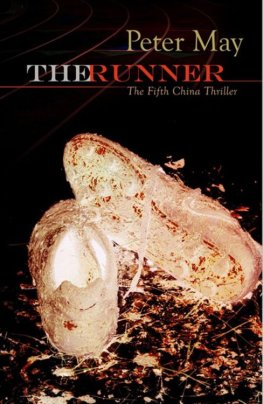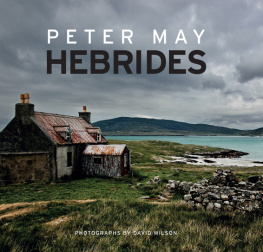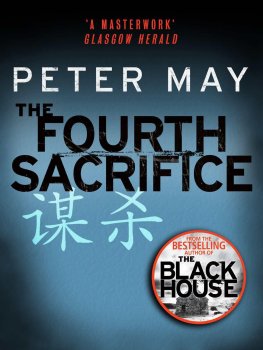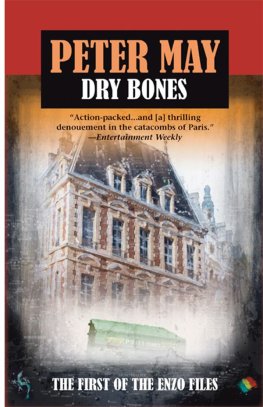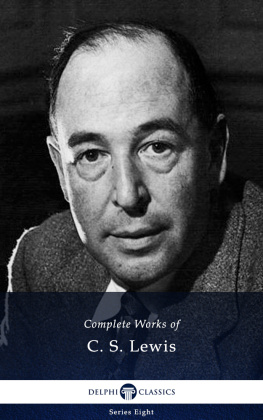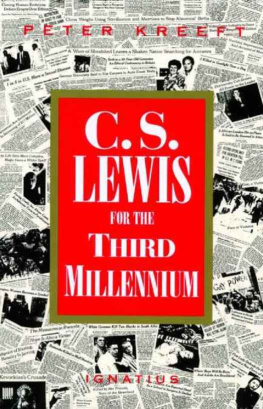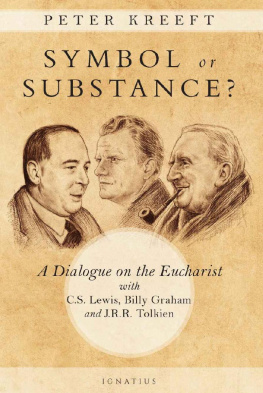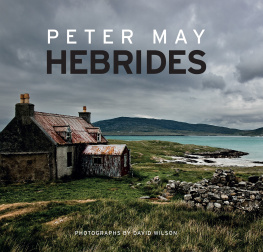Peter May - The Lewis Man
Here you can read online Peter May - The Lewis Man full text of the book (entire story) in english for free. Download pdf and epub, get meaning, cover and reviews about this ebook. genre: Detective and thriller. Description of the work, (preface) as well as reviews are available. Best literature library LitArk.com created for fans of good reading and offers a wide selection of genres:
Romance novel
Science fiction
Adventure
Detective
Science
History
Home and family
Prose
Art
Politics
Computer
Non-fiction
Religion
Business
Children
Humor
Choose a favorite category and find really read worthwhile books. Enjoy immersion in the world of imagination, feel the emotions of the characters or learn something new for yourself, make an fascinating discovery.

- Book:The Lewis Man
- Author:
- Genre:
- Rating:4 / 5
- Favourites:Add to favourites
- Your mark:
- 80
- 1
- 2
- 3
- 4
- 5
The Lewis Man: summary, description and annotation
We offer to read an annotation, description, summary or preface (depends on what the author of the book "The Lewis Man" wrote himself). If you haven't found the necessary information about the book — write in the comments, we will try to find it.
The Lewis Man — read online for free the complete book (whole text) full work
Below is the text of the book, divided by pages. System saving the place of the last page read, allows you to conveniently read the book "The Lewis Man" online for free, without having to search again every time where you left off. Put a bookmark, and you can go to the page where you finished reading at any time.
Font size:
Interval:
Bookmark:
Peter May
The Lewis Man
That is where they live:
Not here and now, but where all happened once.
From The Old Fools by Philip LarkinPROLOGUE
On this storm-lashed island three hours off the north-west coast of Scotland, what little soil exists gives the people their food and their heat. It also takes their dead. And very occasionally, as today, gives one up.
It is a social thing, the peat-cutting. Family, neighbours, children, all gathered on the moor with a mild wind blowing out of the south-west to dry the grasses and keep the midges at bay. Annag is just five years old. It is her first peat-cutting, and the one she will remember for the rest of her life.
She has spent the morning with her grandmother in the kitchen of the crofthouse watching eggs boil on the old Enchantress stove, fired by last years peat. Now the women head out across the moor carrying hampers, Annag barefoot, the bogs brown waters squishing between her toes as she runs ahead over prickly heather, transported by the excitement of the day.
The sky fills her eyes. A sky torn and shredded by the wind. A sky that leaks sunlight in momentary flashes to spill across dead grasses where the white tips of bog cotton dip and dive in frantic eddies of turbulent air. In the next days the wild flowers of spring and early summer will turn the brown winter wastes yellow and purple, but for the moment they remain dormant, dead.
In the distance, the silhouettes of half a dozen men in overalls and cloth caps can be seen against the dazzle of sunlight flashing across an ocean that beats against cliffs of black, obdurate gneiss. It is almost blinding, and Annag raises her hand to shade her eyes to see them stoop and bow as the tarasgeir slides through soft black peat to turn it out in sodden square slabs. The land is scarred by generations of peat-cutting. Trenches twelve or eighteen inches deep, with fresh-cut turfs laid along the tops of them to dry on one side and then the other. In a few days the cutters will return for the cruinneachadh, the gathering of the peats into rudhain, small triangular piles that allow the wind to blow between them and complete the drying.
In time they will be collected in a cart and taken back to the croft, dry brittle peats laid like bricks, one upon the other, in a herring-bone pattern, to construct the stack that will keep the family warm and cook the food that will fill their bellies all next winter.
It is how the people of the Isle of Lewis, this northernmost island in the Scottish Hebridean archipelago, have survived for centuries. And in this time of financial uncertainty, as the cost of fuel soars, those with open hearths and stoves have returned in droves to the traditions of their ancestors. For here the only cost of heating your home is the expenditure of your labour and your devotion to God.
But for Annag it is just an adventure, out here on the wind-blasted moor with the soft air filling her mouth as she laughs and calls out to her father and grandfather, the voices of her mother and grandmother in shouted conversation somewhere behind her. She has no sense at all of the tension that has caught the little clutch of peat-cutters ahead of her. No way, from her limited experience, of reading the body language of the men crouched down around the stretch of trench wall that has collapsed about their feet.
Too late her father sees her coming and shouts at her to stay back. Too late for her to stop her forward momentum, or respond to the panic in his voice. The men stand suddenly, turning towards her, and she sees her brothers face the colour of cotton sheets laid out in the sun to bleach.
And she follows his eyes down to the fallen peat bank and the arm that lies stretched out towards her, leathery skin like brown parchment, fingers curled as if holding an invisible ball. One leg lies twisted over the other, a head tipped towards the ditch as if in search of a lost life, black holes where the eyes should have been.
For a moment she is lost in a sea of incomprehension, before realisation washes over her, and the scream is whipped from her mouth by the wind.
ONE
Gunn saw the vehicles parked at the roadside from some distance away. The sky was black and blue, brooding, contused, rolling in off the ocean low and unbroken. The first spits of rain were smeared across his windscreen by the intermittent passage of its wipers. The pewter of the ocean itself was punctuated by the whites of breaking waves ten or fifteen feet high, and the solitary blue flashing light of the police car next to the ambulance was swallowed into insignificance by the vastness of the landscape.
Beyond the vehicles, the harled houses of Siader huddled against the prevailing weather, expectant and weary, but accustomed to its relentless assault. Not a single tree broke the horizon. Just lines of rotting fenceposts along the roadside, and the rusting remains of tractors and cars in deserted yards. Blasted shrubs showing brave green tips clung on with stubborn roots to thin soil in anticipation of better days to come, and a sea of bog cotton shifted in ripples and currents like water in the wind.
Gunn parked beside the police car and stepped out into the blast. Thick dark hair growing back in a widows peak from a furrowed forehead was whipped into the air, and he gathered his black quilted anorak around him. He cursed the fact that he had not thought to bring a pair of boots, and stepped at first gingerly through the soft ground, before feeling the chill of the bog water seeping into his shoes and soaking through his socks.
He reached the first of the peat banks, and followed a path along the top of it, skirting the clusters of drying turfs. The uniforms had hammered metal stakes into soft ground to mark off the site with blue and white crime-scene tape that hummed and twisted, fibrillating in the wind. The smell of peat smoke reached him from the nearest crofthouses some half a mile away out towards the edge of the cliffs.
A group of men stood around the body almost leaning into the wind, the fluorescent yellow of ambulance men waiting to take it away, policemen in black waterproofs and chequered hats who thought they had seen it all before. Until now.
They parted wordlessly to let Gunn through, and he saw the police surgeon crouched down, leaning over the corpse, delicately brushing aside crumbling peat with latexed fingers. He looked up as Gunn loomed overhead, and Gunn saw for the first time the brown, withered skin of the dead man. He frowned. Is he coloured?
Only by the peat. Id say he was a Caucasian. Quite young. Late teens or early twenties. A classic bog body, almost perfectly preserved.
Youve seen one before?
Never. But Ive read about them. Its the salt carried in the wind from the ocean that allows the peat moss to thrive here. And when the roots rot it creates acid. The acid preserves the body, almost pickling it. His organs should be virtually intact inside.
Gunn gazed with unabashed curiosity at the almost mummified remains. How did he die, Murdo?
Violently, by the looks of it. There appear to be several stab wounds in the area of the chest, and his throat has been cut. But itll take the pathologist to give you a definitive cause of death, George. He stood up and peeled off his gloves. Better get him out of here before the rain comes.
Gunn nodded, but couldnt take his eyes off the face of the young man locked in the peat. Although there was a shrivelled aspect to his features, they would be recognisable to anyone who knew him. Only the soft, exposed tissue of the eyes had decomposed. How longs he been here?
Murdos laugh was lost in the wind. Who knows? Hundreds of years, maybe even thousands. Youll need an expert to tell you that.
Font size:
Interval:
Bookmark:
Similar books «The Lewis Man»
Look at similar books to The Lewis Man. We have selected literature similar in name and meaning in the hope of providing readers with more options to find new, interesting, not yet read works.
Discussion, reviews of the book The Lewis Man and just readers' own opinions. Leave your comments, write what you think about the work, its meaning or the main characters. Specify what exactly you liked and what you didn't like, and why you think so.

